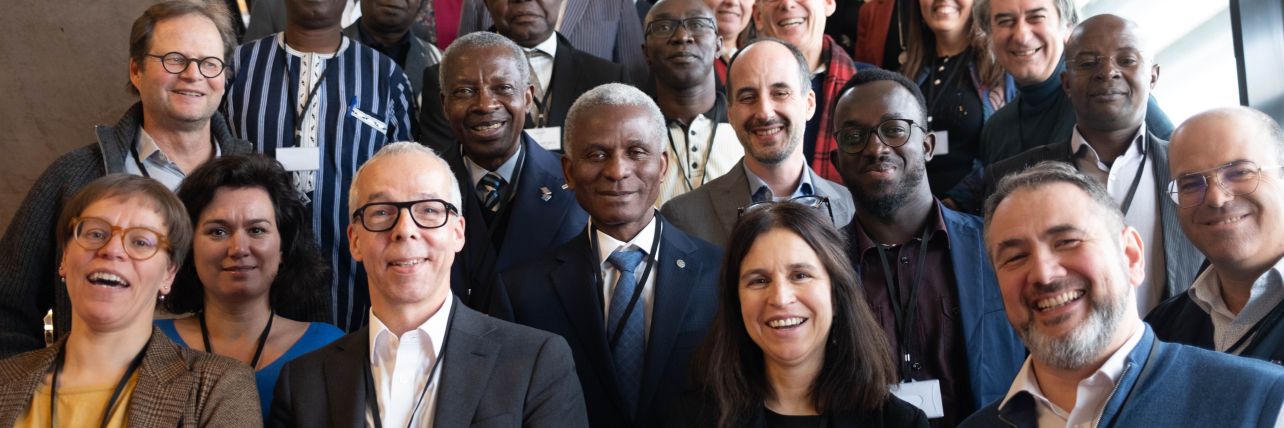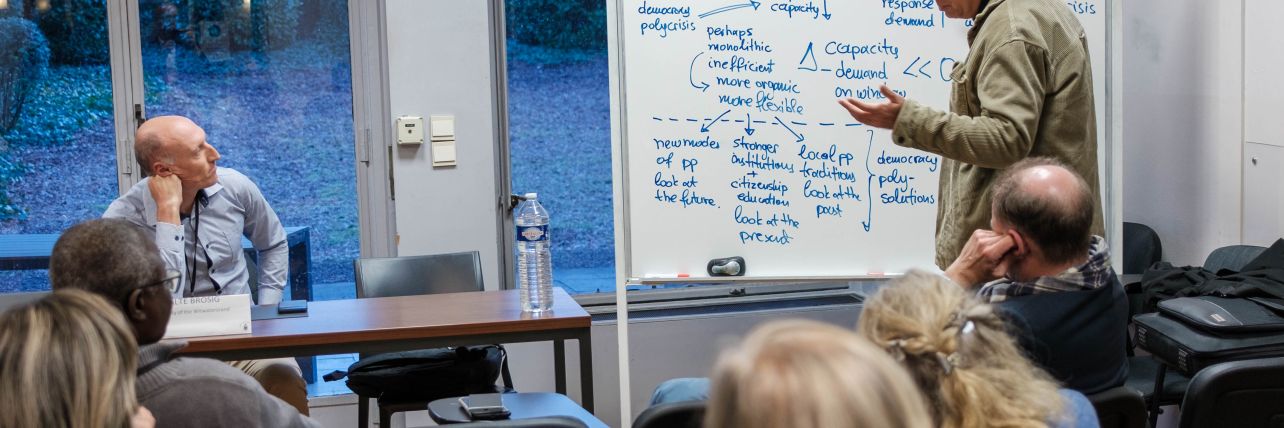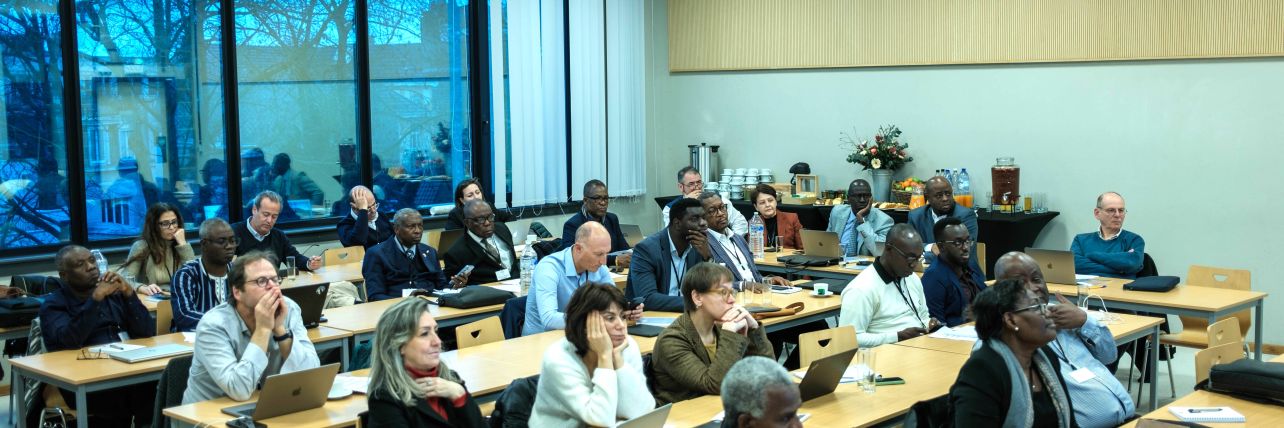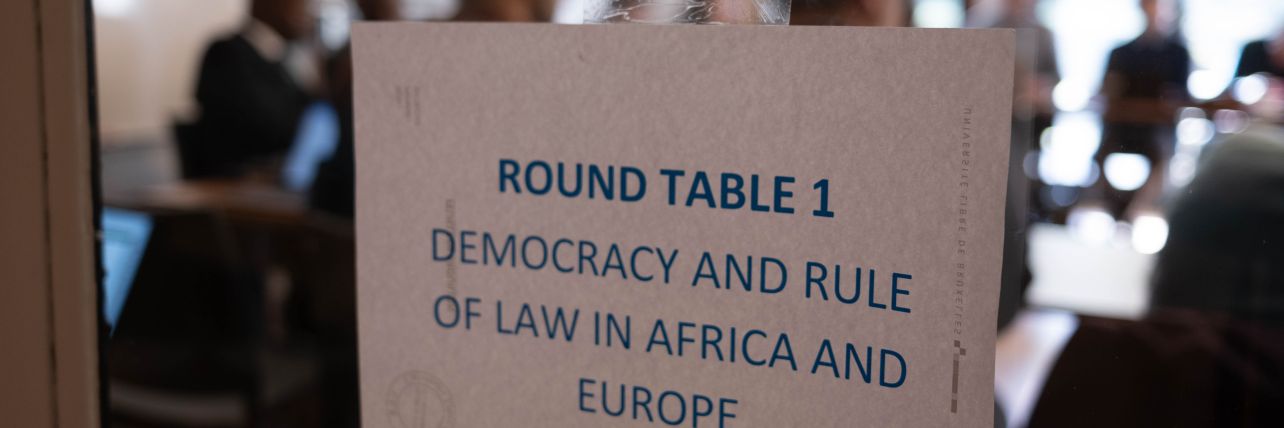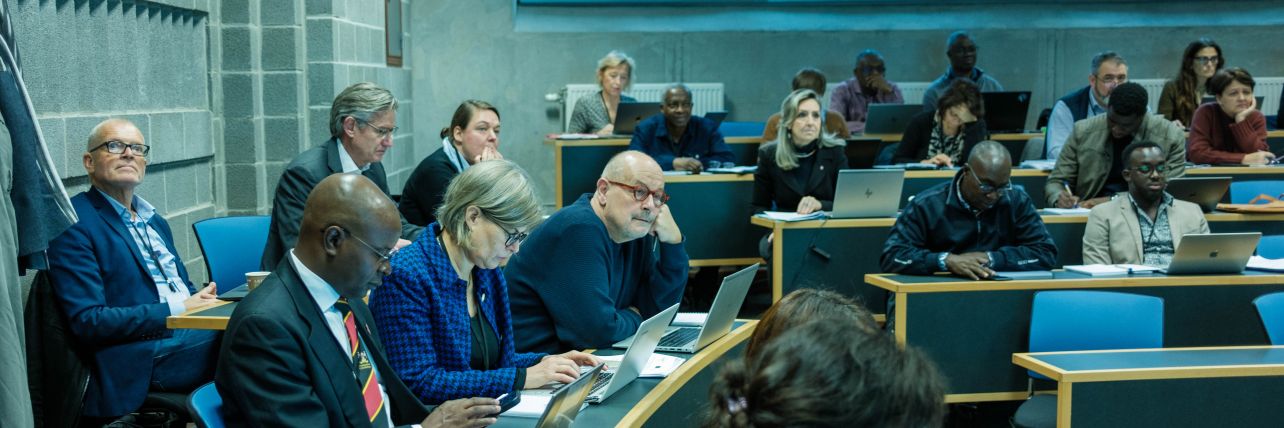PolyCIVIS: Confronting the Polycrisis in Europe and Africa through Research, Policy and Education
PolyCIVIS is a Euro - African collaboration that brings to the forefront the global polycrisis, allowing a better understanding of the impacts of several concurrent major societal crises challenging the world in the form of a polycrisis.
In the wake of the global polycrisis, urgent challenges have emerged, prompting PolyCIVIS to take action. Our initiative is dedicated to addressing these pressing global issues and their interconnected consequences. We will look at challenges such as the escalating economic and social disparities, environmental degradation, and the overarching climate crisis.
A Jean Monnet Network of 21 Universities
Initiated in late 2023, PolyCIVIS allows discussion, collaboration and action arising out of the collaboration between universities in Europe and Africa. A Jean Monnet Network, (Policy Debate: Foreign policy issues: EU-AFRICA), PolyCIVIS mobilises a consortium of 21 universities: all 11 CIVIS Alliance universities, all 6 CIVIS African strategic partners, and an additional 4 African universities.
Project Duration and Funding 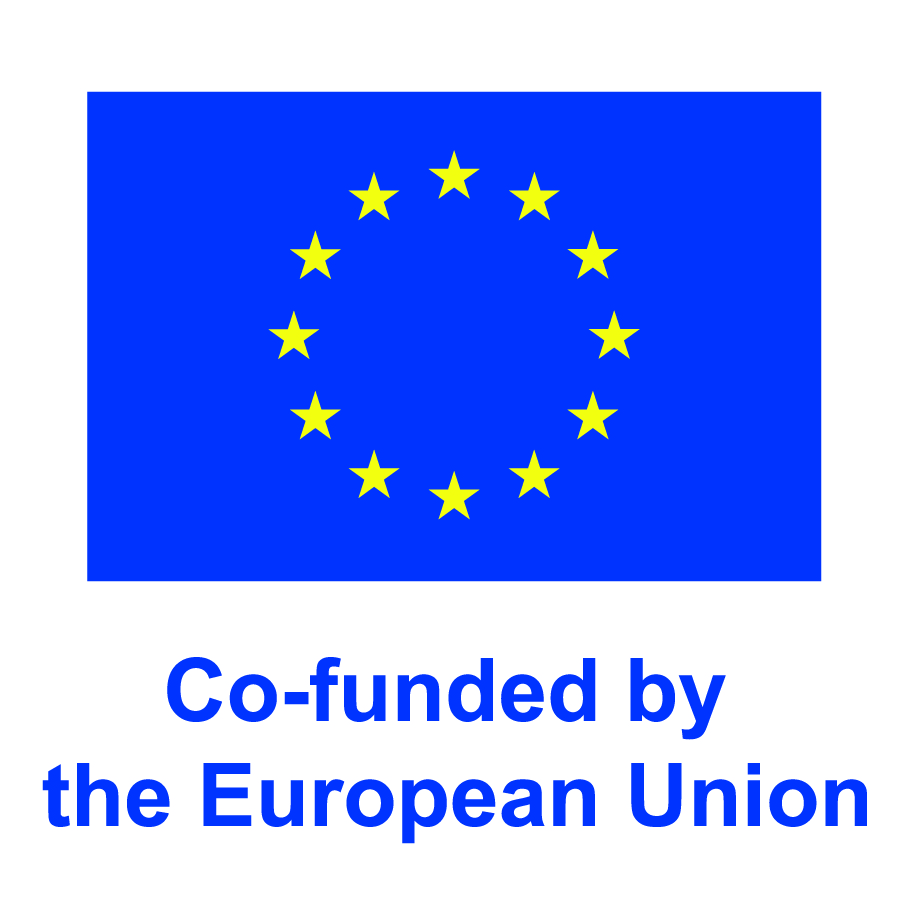
PolyCIVIS is a 3 year project starting from October 2023. It is funded by the European Union, Erasmus+ call: ERASMUS-JMO-2023-NETWORKS-HEI-NON-EU-AFRICA
Views and opinions expressed are however those of the author(s) only and do not necessarily reflect those of the European Union. Neither the European Union nor the granting authority can be held responsible for them.



